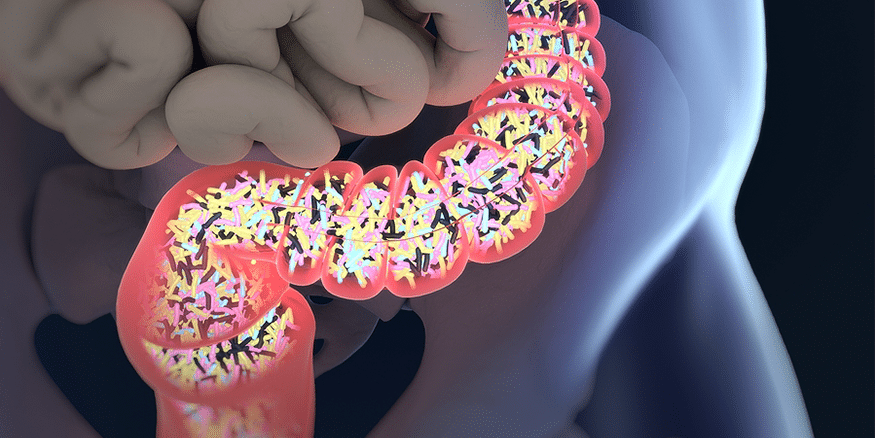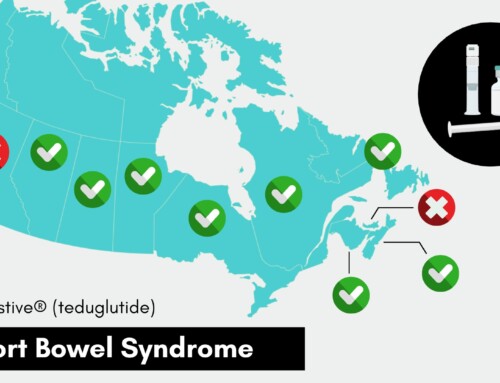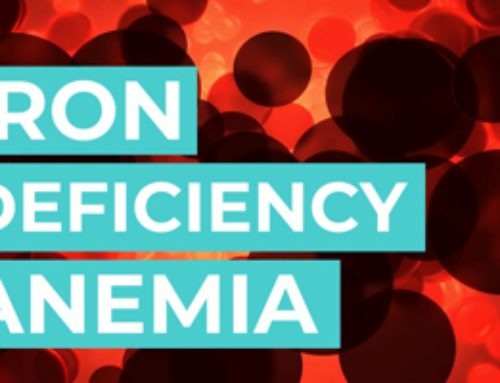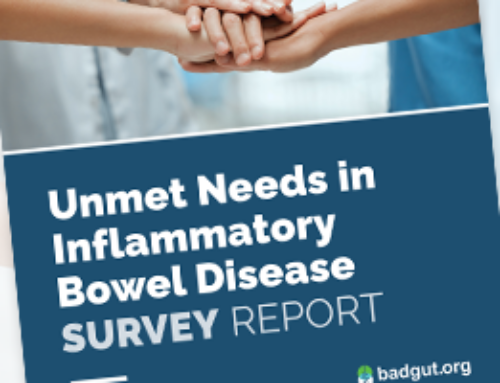
Gaps in Care and Awareness of Fecal Microbiota Transplant for C. difficile
The Canadian Agency for Drugs and Technologies in Health (CADTH) launched a research project to determine how Canadian patients access fecal microbiota transplant (FMT). Currently, fecal transplant is approved in Canada as an alternative treatment for recurring Clostridioides difficile infection (formerly known as Clostridium difficile). Physicians collect stool from healthy individuals, who undergo a strict and rigorous process to ensure that their stool is safe. The fecal matter is then liquefied so that physicians can insert it (usually via enema or colonoscopy) into the large intestines of patients. FMT is also available in oral capsules, which some patients find as a more comfortable option.
An increasing number of studies show that fecal transplant may be effective in treating other conditions, such as inflammatory bowel disease, non-alcoholic fatty liver disease, multiple sclerosis, and obesity. To prepare for the potential increase in the use of FMT and address barriers in access and availability, they invited interested stakeholders to provide input to supplement their research efforts.
The Gastrointestinal Society and the Canadian Society of Intestinal Research participated in this consultation and highlighted pressing needs, such as establishing a standardized approach to regulating and administering fecal microbiota transplant, addressing stigma among patients, physicians, and the public (the “ick” factor), and spreading awareness and evidence-based information on FMT. To learn more, you can click here to read our feedback.
If you’d like to learn more about Clostridioides difficile infection and fecal microbiota transplant, click here.




















